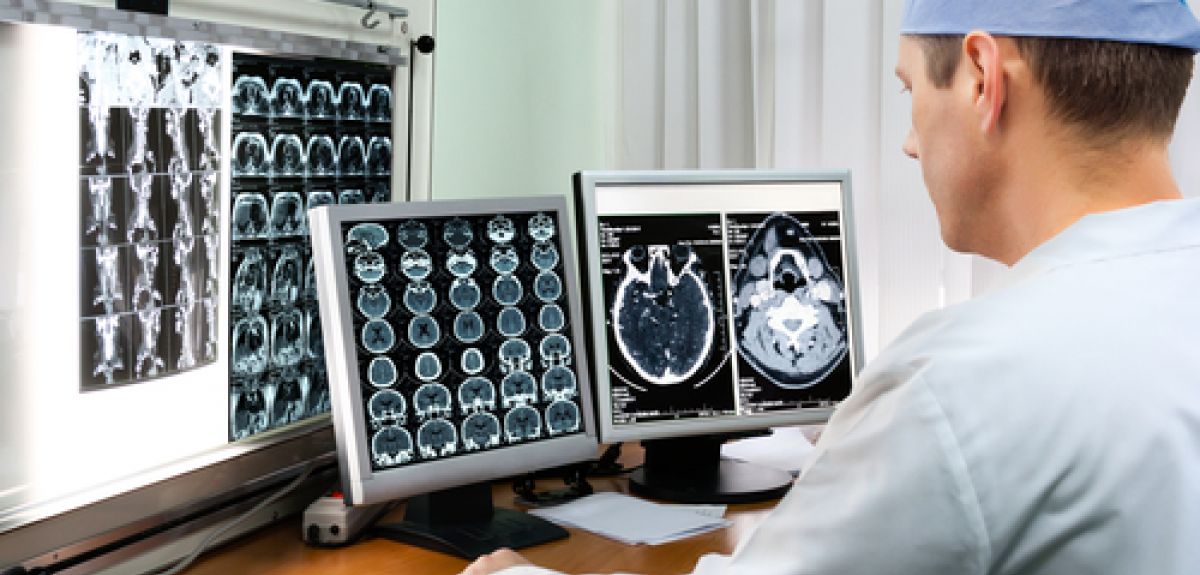
National Consortium of Intelligent Medical Imaging (NCIMI)
Industrial Strategy Challenge Fund - Wave 2 challenge, Data to Early Diagnosis and Precision Medicine
The National Consortium of Intelligent Medical Imaging is a network of NHS hospitals, clinical leaders, industry experts in the fields of AI and medical imaging, world-leading academic researchers plus patient groups and charities.
The consortium is led from University of Oxford, the world’s best institution for medical research and the best in Europe for both engineering and computer science.
NCIMI is based at The Big Data Institute, and shares its knowledge through a national, cloud-connected network with a geographical spread across the UK.
It is delivering 11 exemplar projects across the UK covering a wide range of diseases and conditions. Clinical partners include world-leading experts from several parts of the country to address challenging unmet needs in cancer, heart disease and metabolic health such as fatty liver disease, infertility, diabetes and inherited metabolic conditions.
NCIMI plans to grow its list of exemplar projects to explore new areas of unmet clinical need.
Why will this change the world?
Over the past 30 years, advanced imaging such as CT and MRI scans have transformed how medical professionals diagnose diseases and chronic conditions.
NCIMI’s mission is to take this further by integrating computer vision with artificial intelligence.
The NHS handles 40 million new imaging requests per year. Currently, these aren’t standardised or digitally reported. By bringing this information together and applying machine learning, statistical and mathematical modelling to the data, and by engaging with patients to gather and use their data, it will speed up and improve how we diagnose and prevent diseases whilst lowering costs.
By being able to diagnose more effectively and efficiently, we can start to improve treatment options for the patient.
Current projects cover a wide range of conditions, including childhood obesity, cancer, endometriosis, diabetes, and cardiovascular disease.
Why was this funded by ISCF?
The Data to Early Diagnosis and Precision Medicine challenge places early diagnosis and best treatments for particular patients at the heart of a national approach to better health.
Using data, artificial intelligence and innovation to transform the prevention, early diagnosis and treatment of chronic diseases is one of the government’s Grand Challenge missions.
Success in this mission is one of a number of steps towards saving lives and increasing NHS efficiency by enabling earlier diagnosis and reducing the need for costly late stage treatment.
The opportunity - working with academia, the charitable sector, and industry and harnessing the power of AI and data technologies - is considerable. It should lead to a whole new industry of diagnostic and tech companies which would drive UK economic growth.
UKRI Chief Executive Professor Sir Mark Walport said: “Early diagnosis of illness can greatly increase the chances of successful treatment and save lives.
“The centres announced bring together the teams that will develop artificial intelligence tools that can analyse medical images varying from x-rays to microscopic sections from tissue biopsies. Artificial intelligence has the potential to revolutionise the speed and accuracy of medical diagnosis.”
Funder: Industrial Strategy Challenge Fund (£10m) and industry partners (£5m), November 2018.